Cardiovascular disease, a.k.a. heart disease, typically refers to conditions that involve narrowed or blocked blood vessels that can cause a heart attack. There are symptoms, and these symptoms are your warning signs. You need to know these warning signs to prevent yourself from having a heart attack.
1. Chest Discomfort

This is the most common sign of heart danger, and people describe it as pinching, burning, tightness, pressure or even like an elephant sitting on their chest. Chances are, you have a blocked artery or are having an actual heart attack. If one of these feelings lasts longer than a few minutes, whether you are resting or being active, call 911. Women have been known to have heart attacks without experiencing any chest pain, and instead women will experience. . . (See #2)
2. Nausea, Indigestion, Heartburn, Or Stomach Pain

The discomfort may not present itself in the chest. It might show up as nausea, indigestion, heartburn, or a stomach pain. It might even cause you to throw up. These are the more common signs in women. Of course, there are other causes of these symptoms, so do not panic if you have indigestion or get nauseated. But be aware that these are symptoms people experience during heart attacks.
3. Shortness Of Breath

This is a common symptom of heart disease. If you have a difficult time breathing when you lay down at night, or if you need to prop yourself up with pillows to breathe easier, this could be a warning sign. The problem might be that your heart is not pumping effectively, preventing the blood from circulating properly. The blood then backs up in the vessels between the heart and lungs and can leak into the lungs. This makes the simple task of breathing a challenge. It also makes calling your doctor a priority. If you experience severe, persistent shortness of breath, call 911. Be sure to read # 13.
4. Sweating
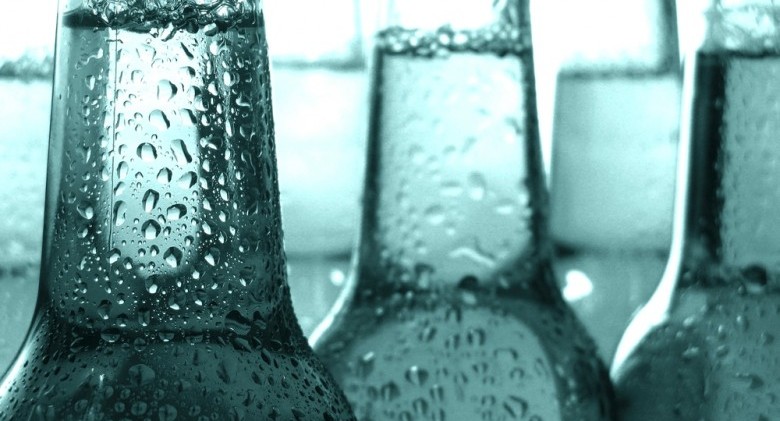
If you break out in a cold sweat and there’s no apparent reason, something is wrong. Sweating is the natural way to keep your body cool during exertion. If you are not exerting your muscles but you are sweating, it might be because your heart is working extra hard to pump blood through clogged arteries. The sweat is your body’s attempt to regulate your body temperature during your heart’s difficult workout. Clammy hands are also a sign, and night sweats are more common among women. If you experience sweating along with another sign, call 911.
5. Erectile dysfunction

In 2013, a study in Australia linked erectile dysfunction with heart disease. What’s the connection? Experts used to believe the bridge between the two was due to plaque buildup in the bloodstream. New reports tell a different story. If there is a problem with the inner lining of the blood vessels (endothelial dysfunction) and smooth muscle, it causes inadequate blood supply, which in turn, can lead to the man being embarrassed in bed. . .and a future heart attack. If you have not experienced trauma or some other cause for erectile dysfunction, view it as a warning sign of a bigger problem: heart disease.
6. Exhaustion
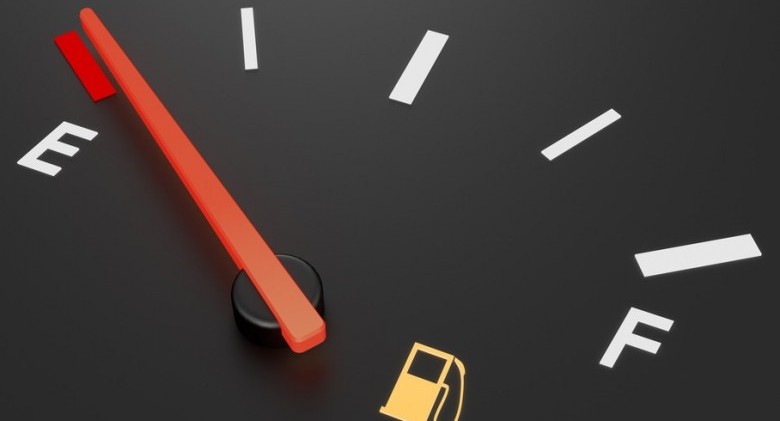
If you suddenly feel fatigued or winded after doing routine activities that normally do not give you a problem, this could be a warning sign. You should call your doctor to get checked. The exhaustion might be extreme and isolated or it might last for days. If it’s heart-related, it’s because the heart can’t pump enough blood to meet the demands of the muscles you are using. This symptom is more common in women.
7. Pain That Spreads To The Arms
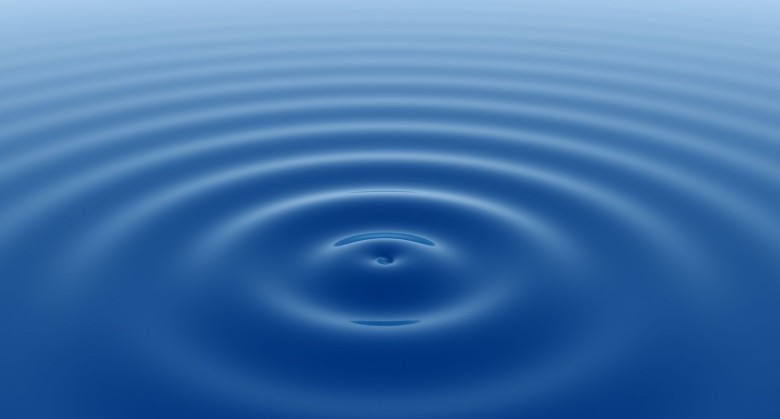
Pain that spreads from your chest to your arm or down the left side of your body is another classic sign of a heart attack already in progress. Sometimes, the pain might come and go. What is causing the pain? When the heart is deprived of oxygen, it sends out a distress messages throughout the nervous system. When the messages reach the brain, the brain interprets them as pain coming from the arm (or jaw, neck, or upper back. See # 16.). Essentially, anywhere from “the neck to the naval,” as one Mayo Clinic cardiologist said.
8. Swelling In Your Legs, Feet, And Ankles
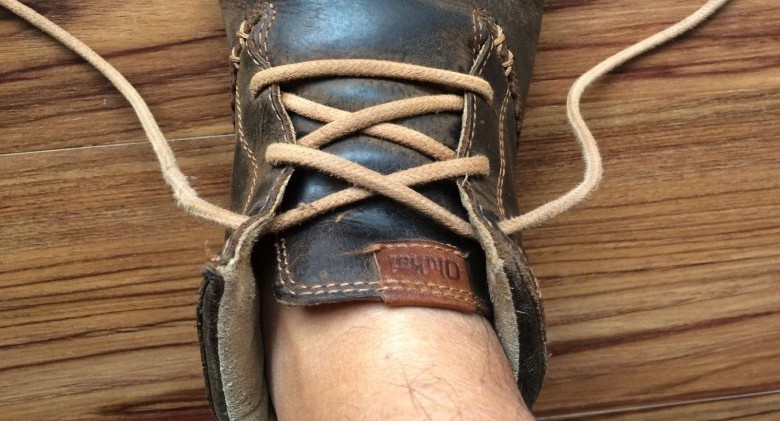
Swelling is an early warning sign. If your heart does not pump blood as effectively as it should, the blood can back up in the veins. The result of this is swelling. Usually, this happens in the legs, feet and ankles. Other fluids can build up in the lowest part of the body too, increasing the swelling further, and it’s called edema. If you notice this in your lower extremities, consult with your doctor to determine the cause. If it is heart related, you might be able to prevent a heart attack.
9. The Long-Lasting Cough

If you’ve been coughing or wheezing for an extended period of time, this could be a sign your heart is in trouble. If you are coughing up phlegm tinged with blood, contact your doctor. The phlegm might be white or pink, and it’s the result of a lung infection. The cough is the result of fluid build up in the lungs. This makes breathing harder, and it’s a sign that the heart is failing. Cough drops won’t cut it.
10. Dizziness

If you suddenly feel dizzy or lightheaded, it could be because you didn’t eat breakfast. (That is, don’t panic and think you’re automatically having a heart attack.) But if the dizziness is combined with shortness of breath (#3) or chest discomfort (#1), it’s time to pick up the phone. Blood flow to the brain can be reduced when the heart rate or rhythm is too slow or too fast, like in cases of a heart attack. Less blood to the brain means less oxygen to the brain and that is a recipe for dizziness, or #12.
11. Palpitations

If your heart flutters, pounds or races, you’re experiencing atrial fibrillation. When the atria beat rapidly and irregularly, blood is more likely to clot because it’s not flowing through the atria as quickly as it should. People with atrial fibrillation are five to seven times more likely than the general population to suffer a stroke. Atrial fibrillation combined with a prolonged fast heart rate (days to months) can result in heart failure because the heart’s pumping ability is decreased. If you also experience any of the other symptoms you’ve read here, call your doctor right away.
12. Fainting
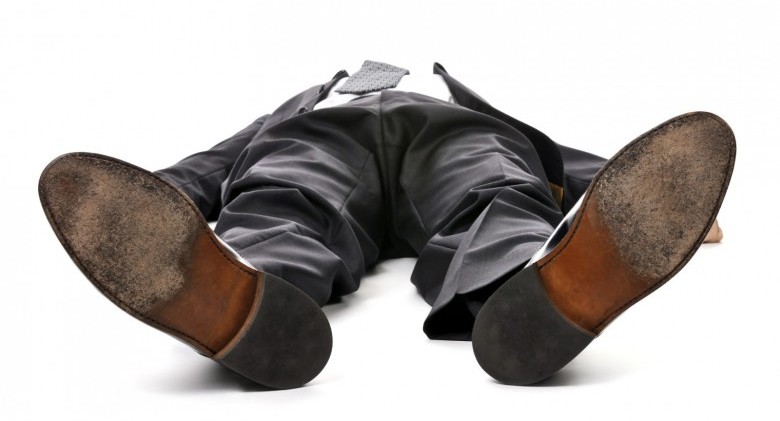
Technically called syncope, more commonly known as “passing out” or “fainting,” this is usually related to the temporary, insufficient flow of blood to the brain. It most often occurs when the blood pressure is too low and can happen if you stand up too quickly—not cause for concern. However, if you pass out for no apparent reason, it could be because your heart is not pumping a normal supply of blood to the brain. This is cause for concern and means it’s time for a check up.
13. Trouble Sleeping

If you are waking up at night because you’re having trouble breathing or if you are short of breath, it could be a sign of heart disease. If there is extra fluid in your body, it tends to accumulate around the lungs when you lie down. This makes breathing more challenging. Another danger could be Cheyne-Stokes respiration, an abnormal breathing pattern during sleep that is related to congestive heart failure. This is characterized by rapid breathing followed by a period of no breathing (apnea). If your breathing is waking you at night, and counting sheep doesn’t put you back to sleep, call the doctor in the morning.
15. Rapid Weight Gain
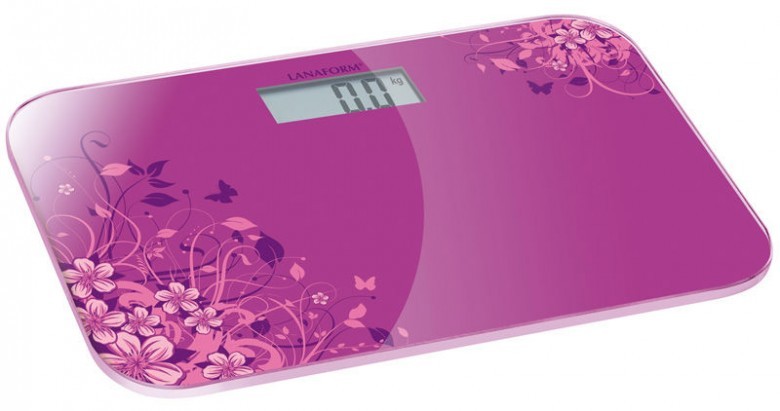
As fluid collects, the body’s weight begins to climb because the fluid has weight. What causes the fluid build-up? When blood flow to the kidneys is restricted, the kidneys produce hormones. These hormones can lead to salt and water being retained. Because both salt and water take up space, swelling, called edema, follows. It occurs most often in the feet, ankles and legs.
16. Throat, Jaw or Back Pain

It’s called “referred pain.” You feel pain in a part of your body that is not the actual source of the pain. In distress, the heart dials 911 on the nervous system hotline. When the message reaches the brain, the brain thinks it’s a pain message coming from somewhere other than the heart. Then the throat, jaw, arm, back or wherever feels the pain. If it lasts for more than a few minutes with no apparent cause, then that’s cause for you to call 911 or your doctor.
[Featured image credit: internetsupermall.co]
